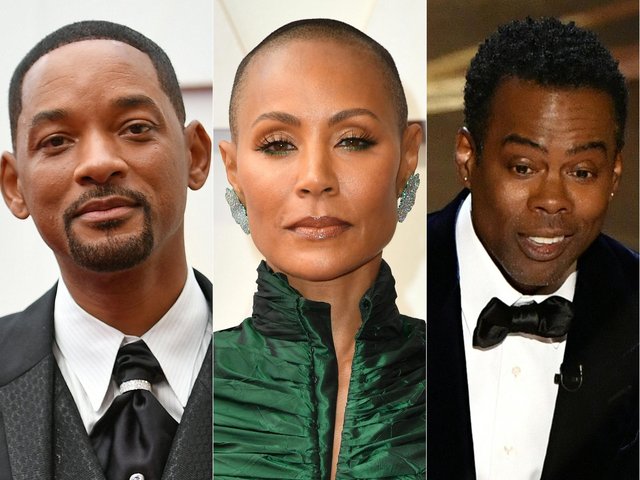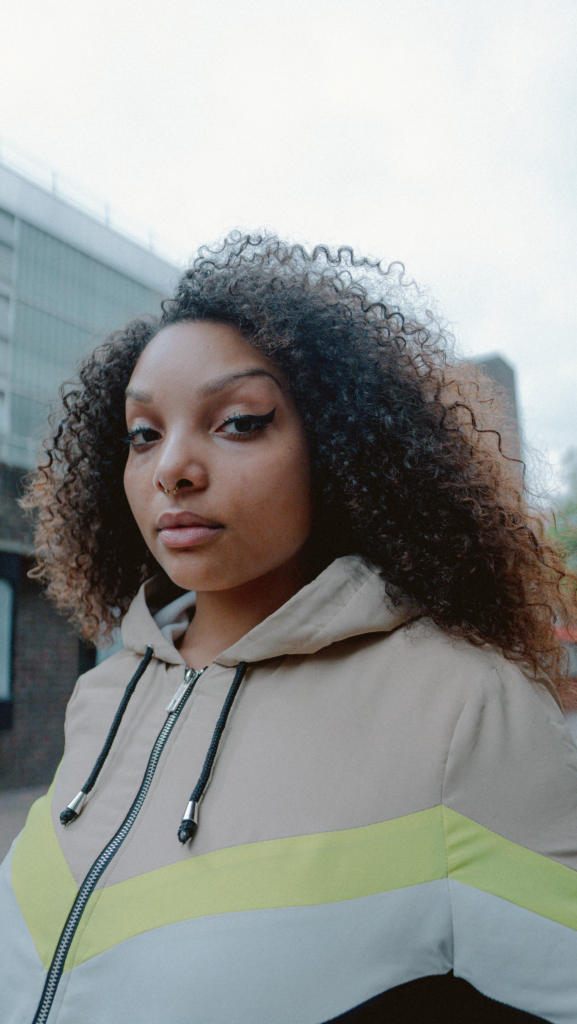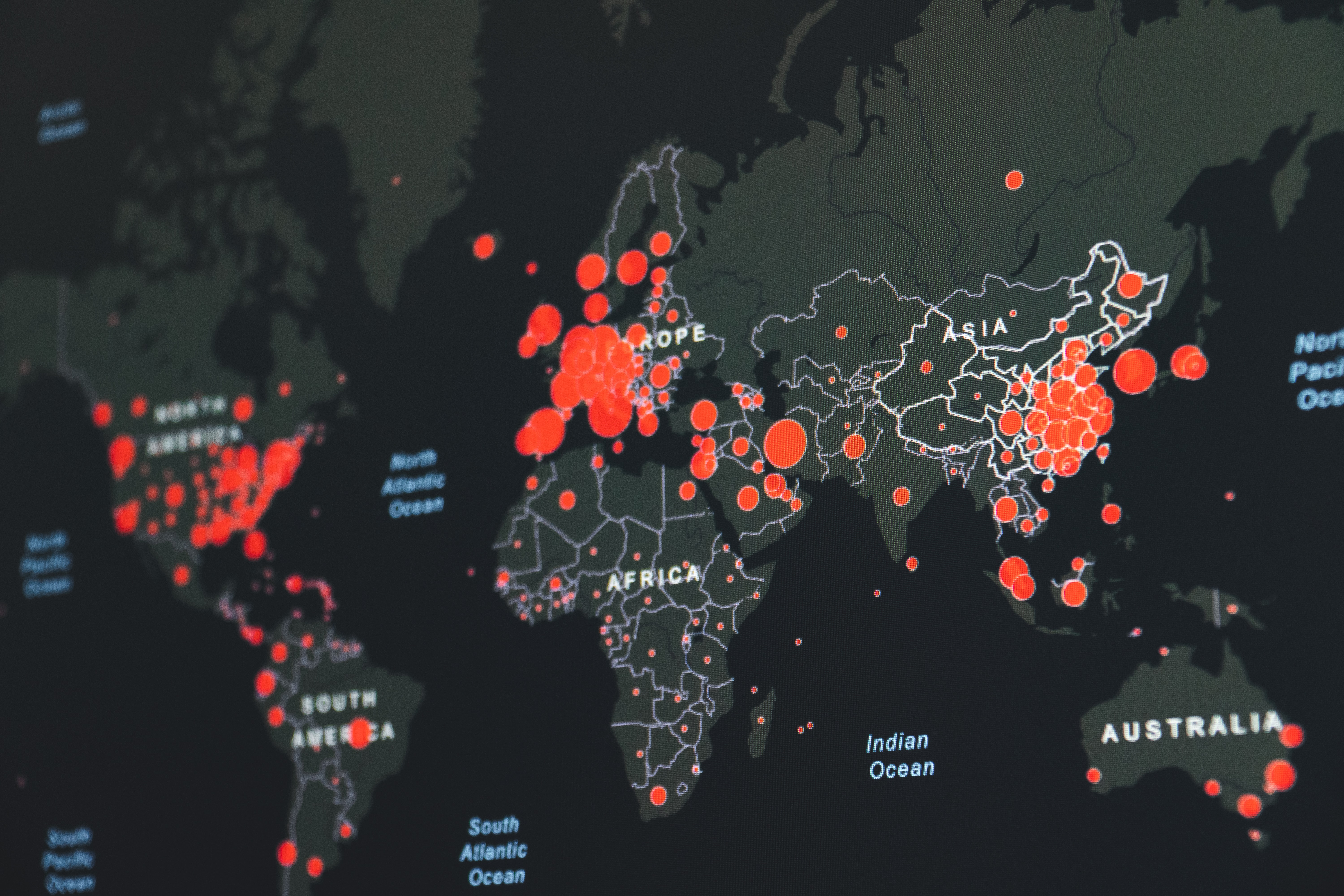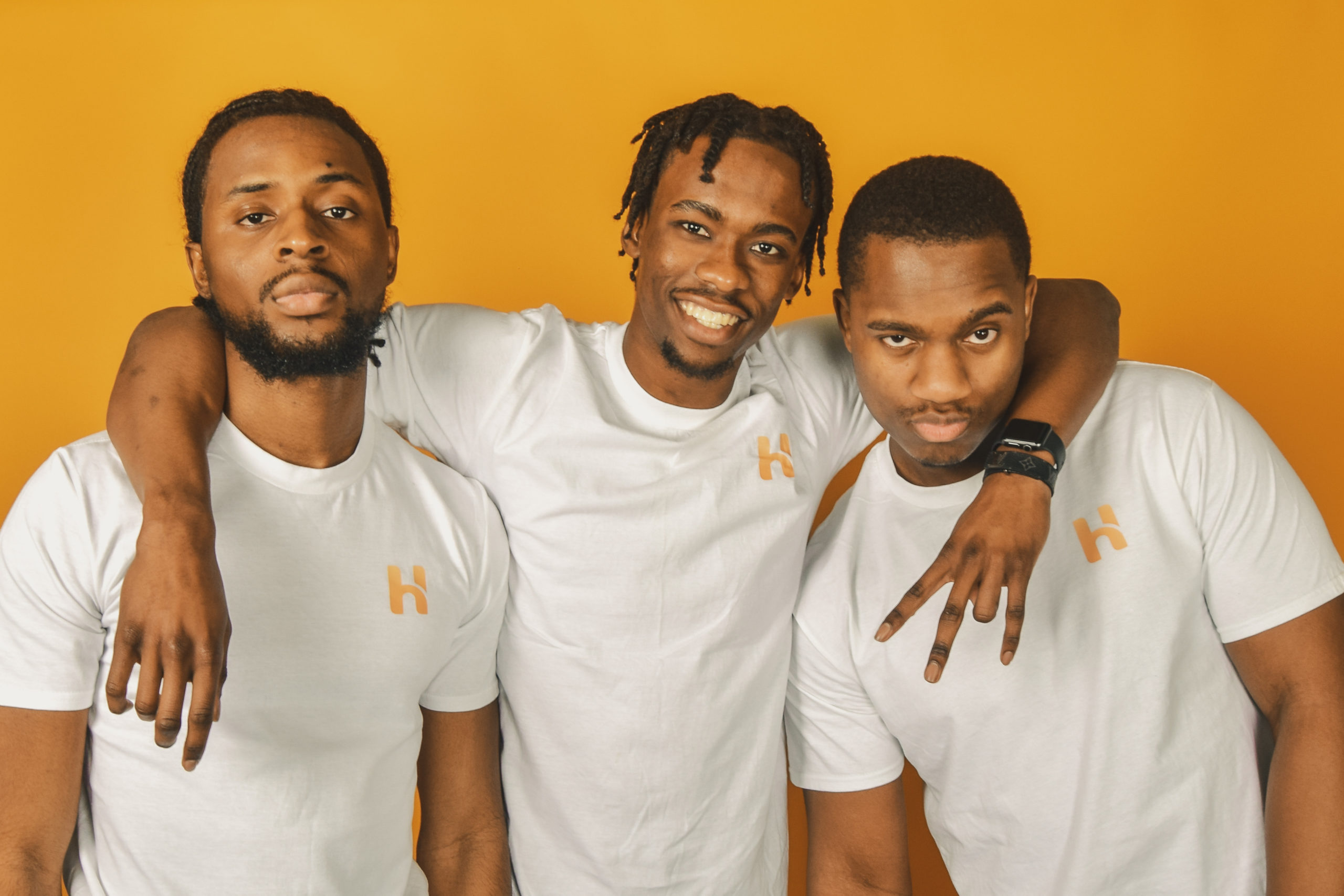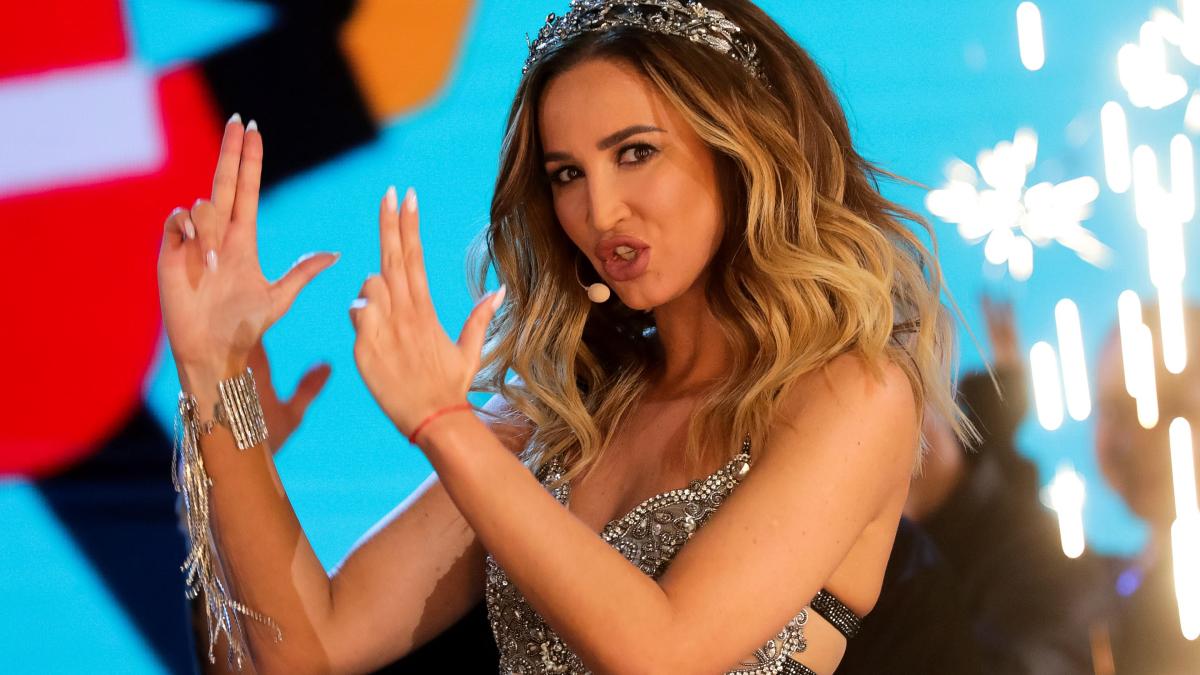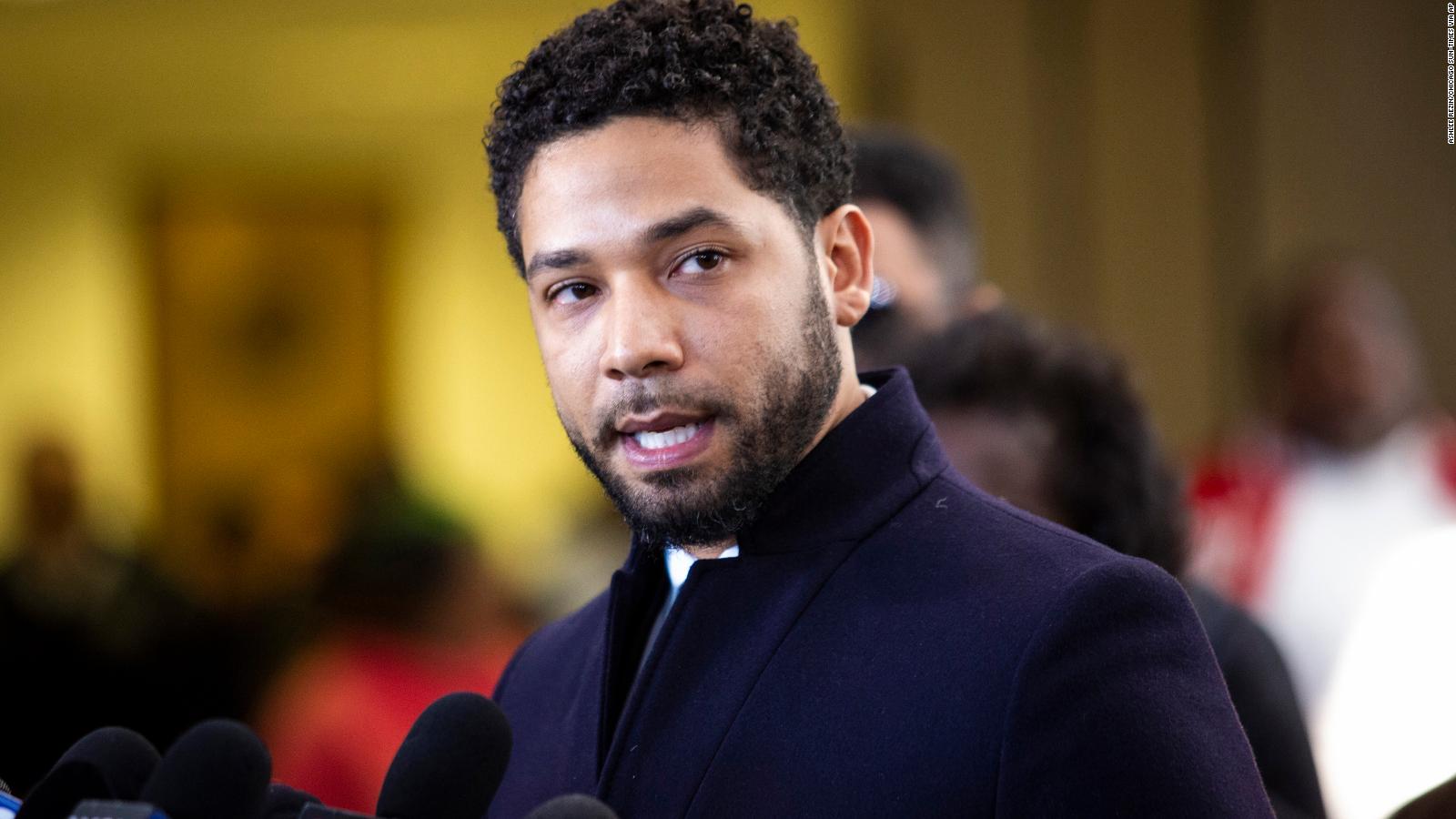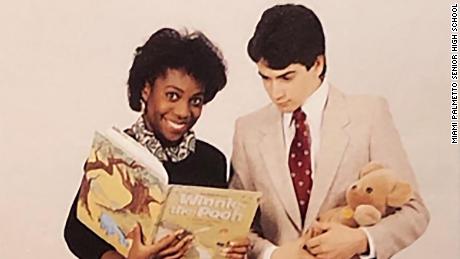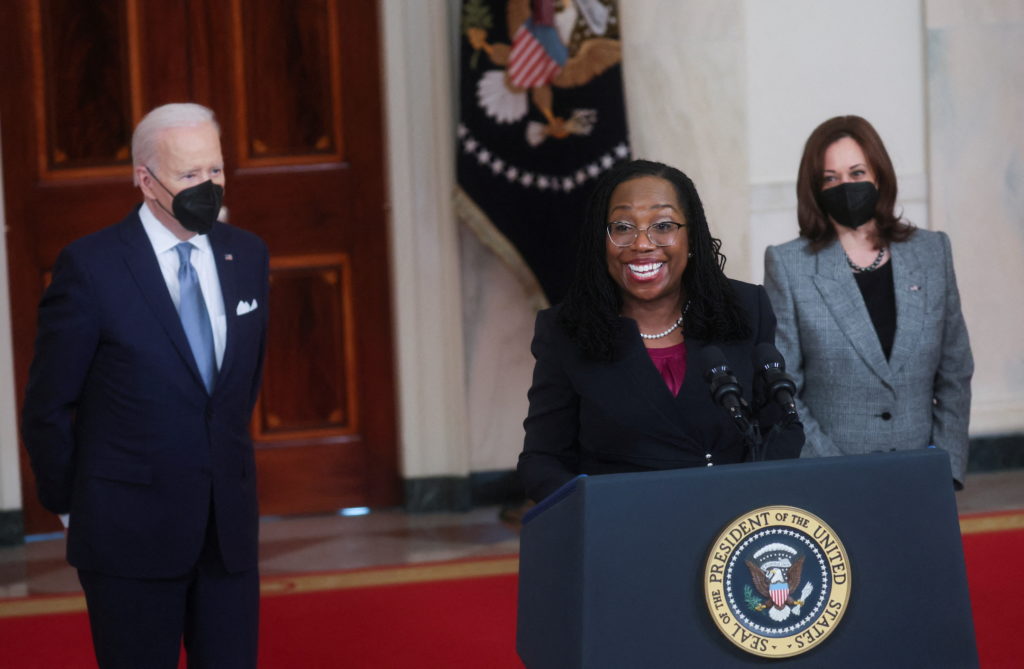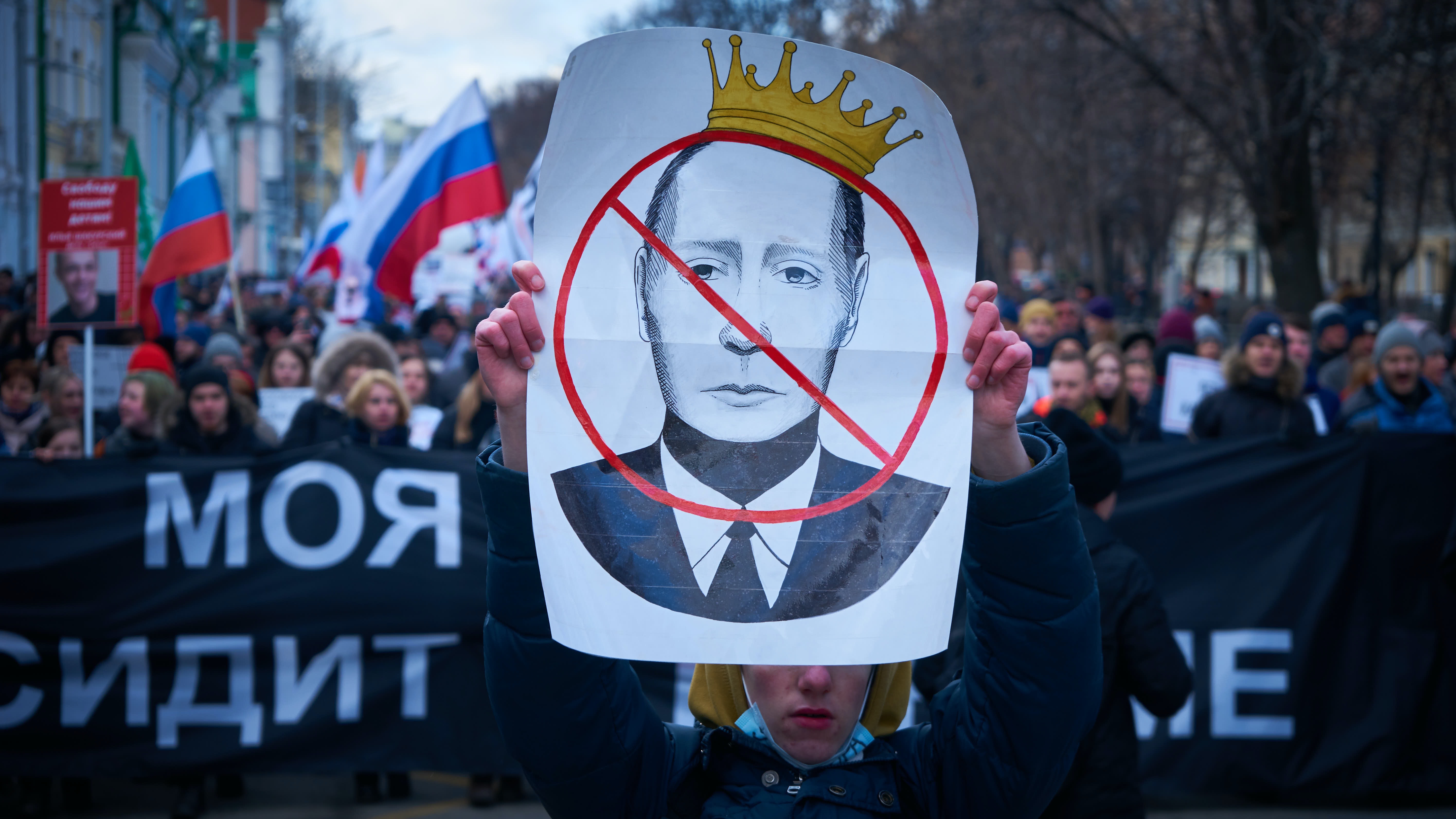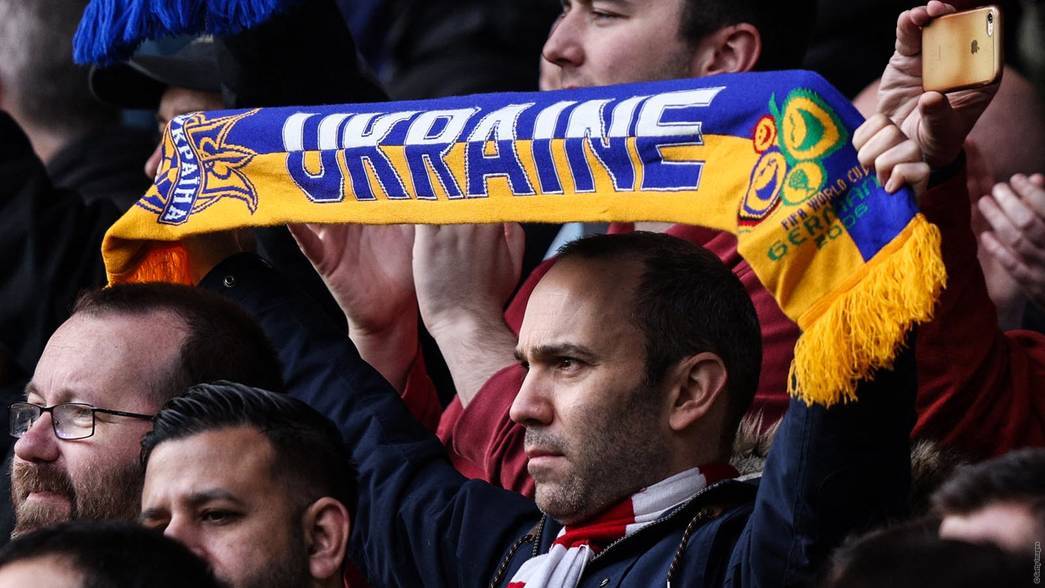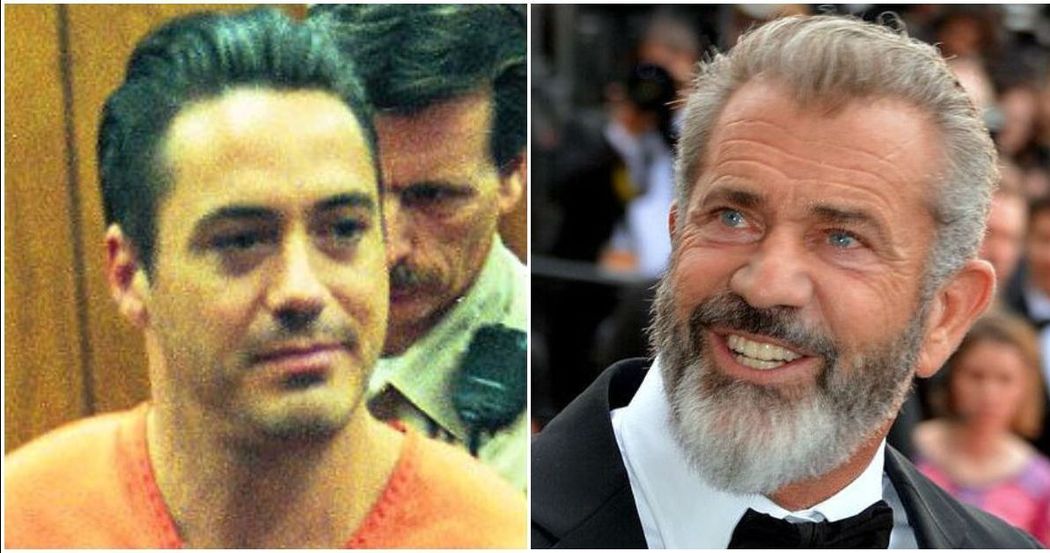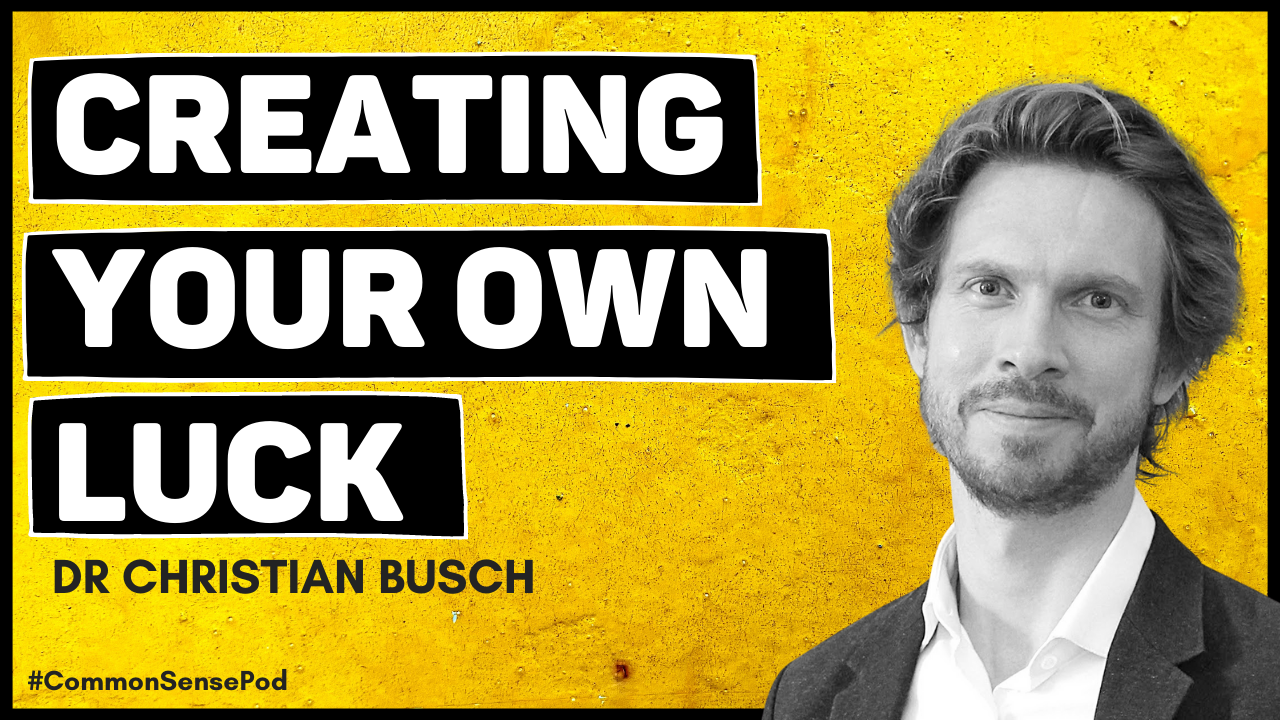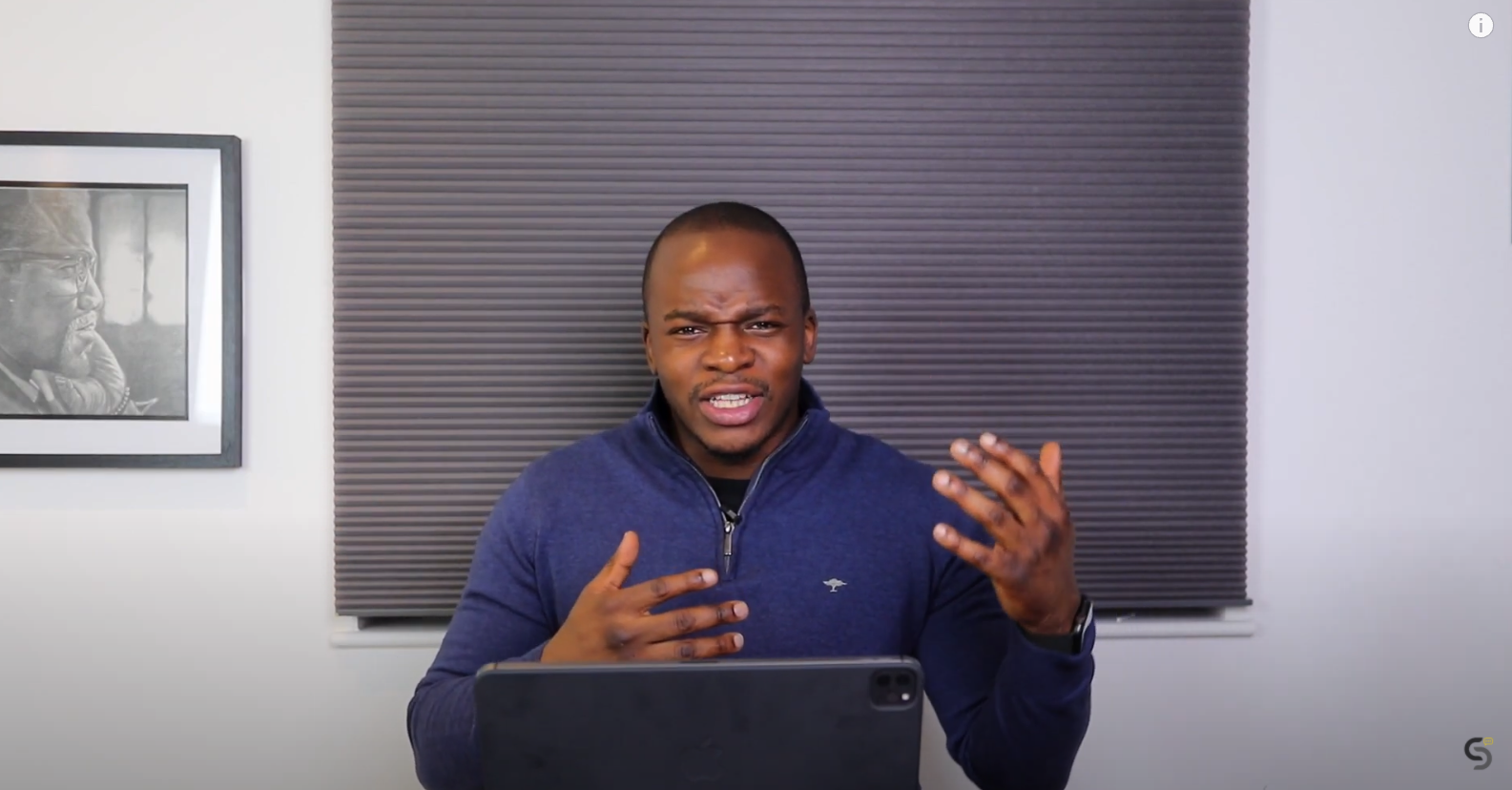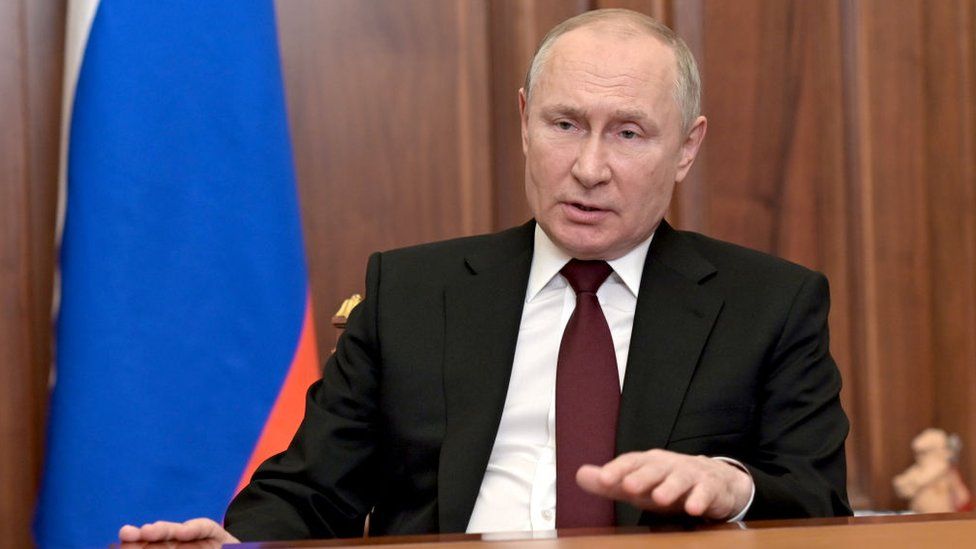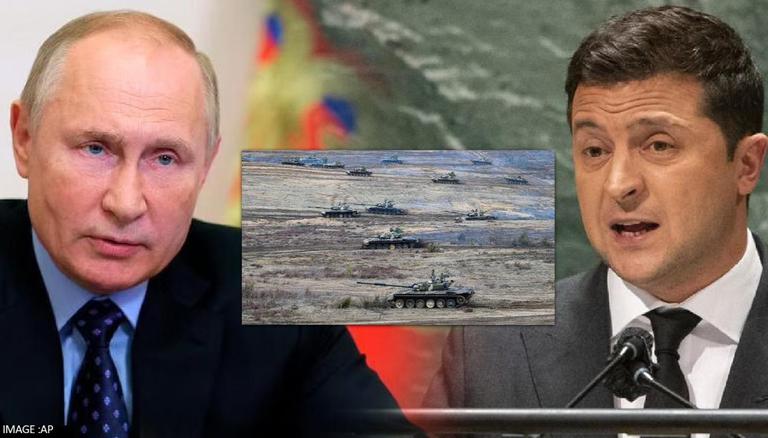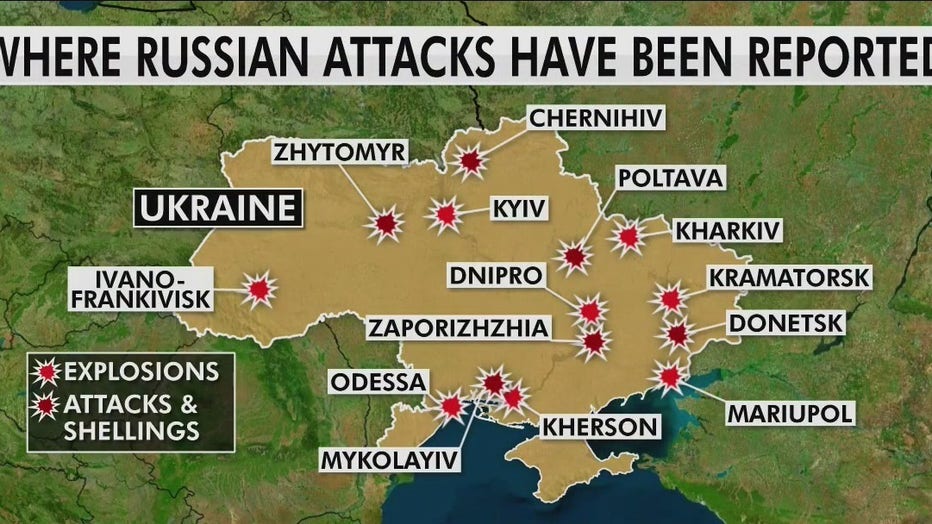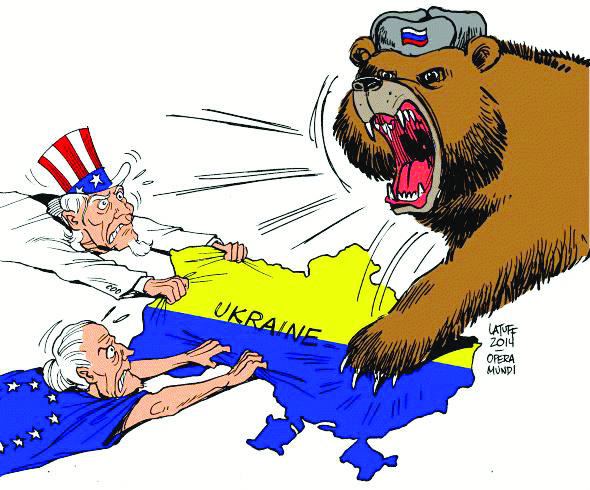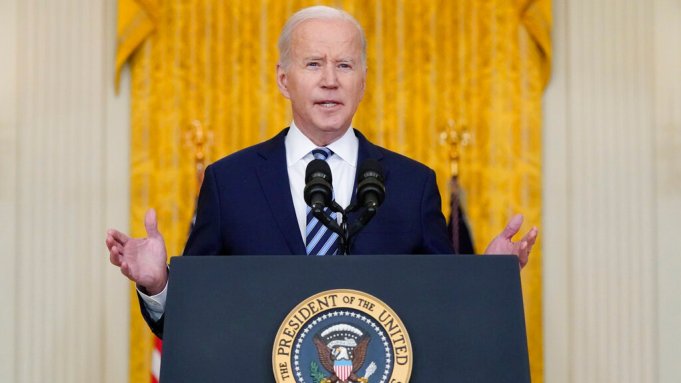Will Smith’s Oscar award was overshadowed by a moment of rage, where he slapped Chris Rock for making a joke about his wife Jada Pinkett Smith.
Chris Rock a well-known comedian said: “Jada, can’t wait for GI Jane 2,” Rock references her shaved hair, which is a result of the hair loss condition alopecia. Smith proceeded to walk onto the stage and hit Chris Rock before returning to his seat, where he then was shouting: “Keep my wife’s name out of your fucking mouth.”
Will Smith today took to Instagram to issue an apology, but let’s explore this topic deeper
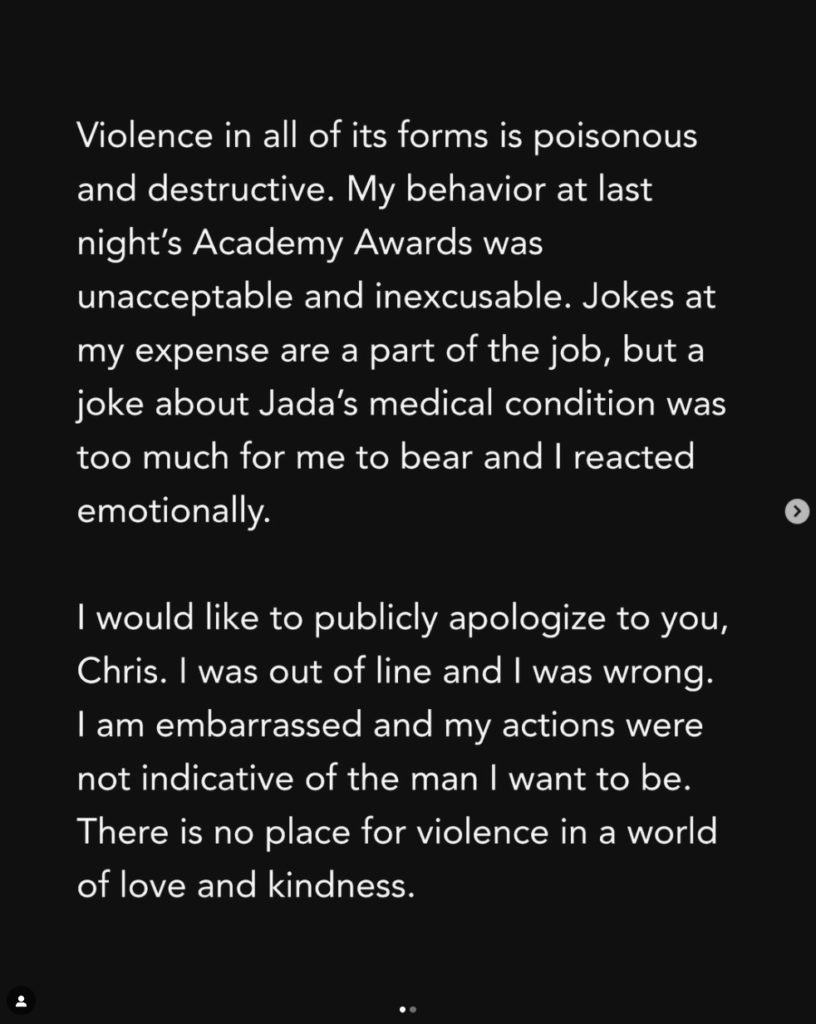
When did violence become the answer?
A comedian’s job is to make people laugh, whether or not it’s at the expense of an individual or an event, they push the boundaries in society, they channel their pain often or their surroundings into laughable moments. If this is the answer to comedians when they make a joke you do not like, what societal standard are we setting up surrounding free speech?
Yes, freedom of speech does not come without freedom of consequences, but is a joke being made justified with a physical act of violence? We are descending down a slippery slope where we will relegate speech to the underground of society where things fester and create a darker issue we will have to address further in society.
According to figures by the National Alopecia Areata foundation “Approximately 6.8 million people in the United States and 147 million worldwide have or will develop alopecia areata at some point in their lives.”, which is not life-threatening. Many will argue Chris Rock made the joke at the expense of a black woman, and he made a joke about her hair. A place that holds a deeply revered sentiment to most black women bringing us into an intra-racial tug of war.
However, have we forgotten Chris Rock is not anti-black, or anti-woman? He made a documentary in 2009 called Good Hair exploring the importance of hair in black culture. People have become quick to jump to conclusions, reductionist and slander politics in attempts to justify singular, binary views about black men. Chris Rock is by no means a saint, but by no means is he the devil he is being cast as. It’s clutching at thin straws, however, if you clutch enough straws you can pull something.
Will Smith: victim or villain?
Let us not take away from the fact Will smith lost control, he made a calculated decision to walk up onto the stage and slap Chris Rock.

For the last couple of months, Will has been a laughing stock of the highest order, he has been dragged through the hedges of the social media jungle and every time been a comedy spectacle. From the red table talk where his wife Jada Pinkett Smith admitted to having an affair with singer August Alsina, it has been Will on the chopping block. The Oscars were the straw that broke the camel’s back
Time has shown us the very brutal and public emasculation of a well-loved hero, mocked religiously, through memes and arguably this is a moment in time we will all never forget. To add insult to injury his kids Willow Smith and Jaden Smith have openly said they “wished Tupac Shakur was their father.” Tupac Shakur was the prominent rapper and love interest of Jada. Listening to Will Smith’s autobiography entitled Will thus exposed his constant need to always prove himself, it garners a differing perspective. I believe the act was a statement of intention to prove he is a man, with the addition of losing control.
Will Smith was wrong for what he did, he could have taken Chris Rock aside and spoken privately to him. In a more mature manner, is using violence the typical toxic approach embedded in masculinity? perhaps it is, but men settle more of their issues through violence. The threat of violence is actually quite typically what keeps the boundaries intact. Where there is a will there is a way. Will needs his mental, emotional and spiritual health put at the forefront.
As we are evolving as a species, words do not have the same threat as violence does.
